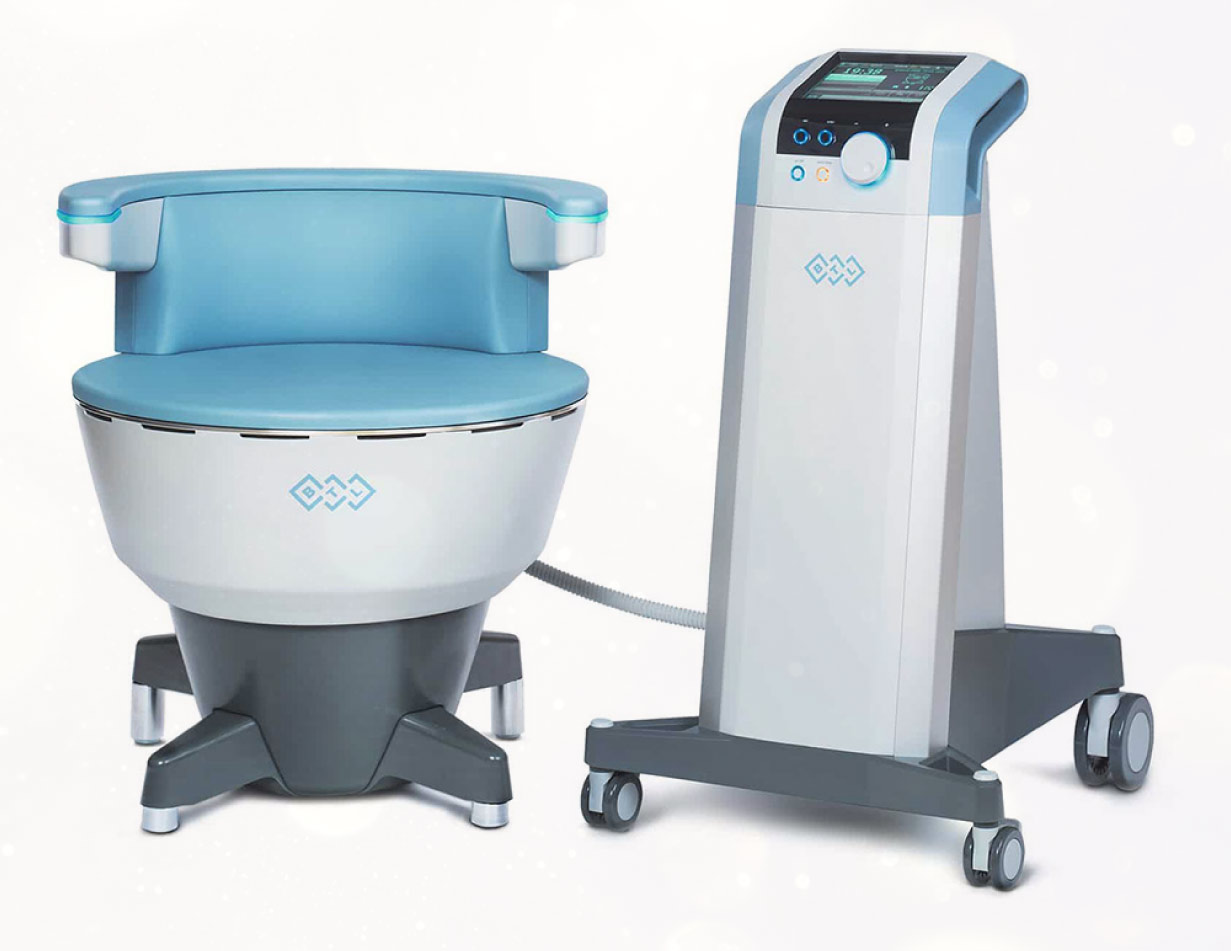Healthcare facilities depend on dependable tools to maintain consistency in patient care and day-to-day operations. Without trusted supply partners, delays and breakdowns in medical services can affect both safety and satisfaction. This is why healthcare administrators seek durable, consistent solutions when planning purchases.
During vendor selection, many clinics overlook key traits that distinguish temporary solutions from sustainable ones. Long-term performance often comes down to the supplier’s commitment to support, availability, and product consistency. Working with the right medical equipment suppliers enables teams to operate efficiently without frequent disruptions.
Check Track Record and Industry Experience
Before forming any purchasing partnership, investigate how long the company has supported healthcare institutions. An extended operational history suggests stability, while previous collaborations with large clinics indicate scalability and reliability. Explore whether the provider has met the expectations of similar-sized operations in the past. References, client testimonials, or industry recognition may confirm their ability to meet changing needs over time. Additionally, companies with diverse client portfolios often demonstrate a strong understanding of multiple use cases.
Evaluate Product Range and Stock Availability
Reliable sources maintain sufficient stock levels for commonly ordered devices and accessories. Limited availability leads to slow fulfilment, especially during emergencies or periods of increased demand. Partners who carry a broad inventory make it easier to adapt to new treatment needs and ensure uninterrupted care. Review whether the vendor lists backup models or has alternatives for critical equipment. An expansive catalogue also supports compatibility with existing devices. Instead of working with multiple outlets, facilities can streamline procurement through one trusted contact.
READ MORE : Accounts Receivable Solutions for Efficient Cash Flow Management
Review After-Sales Support and Warranty Terms
Ongoing support has made a major difference in the use of technical medical tools over many years. Investigate what kind of help the vendor provides after purchase. This includes repair turnaround, remote assistance, and guidance on setup and operation. Clear warranty terms and accessible customer service suggest a long-term commitment to performance and reliability. A strong support team adds value, especially when dealing with time-sensitive clinical procedures. Facilities benefit when trained technicians can resolve issues without extended downtime.
Assess Certifications and Compliance Knowledge
Trustworthy partners stay current with medical standards, safety codes, and regulatory requirements. Their inventory should include certified and approved models that meet government and international safety benchmarks. Review their familiarity with compliance needs relevant to your region or practice type. This ensures that any purchase aligns with legal frameworks. Vendors who proactively update certifications and adapt to new rules demonstrate industry awareness. Ask whether they provide documentation and guidance when installing or maintaining regulated equipment.
Understand Pricing Transparency and Cost Support
Upfront pricing with detailed quotations reflects professional integrity. Reliable vendors avoid hidden fees and clearly explain the cost breakdown for equipment, delivery, training, and servicing. Review whether there are options for maintenance packages or payment flexibility. Transparent suppliers help practices budget more effectively for the long term. Unexpected repair costs or subscription charges may signal poor planning on the vendor’s part. Look for companies that offer ongoing value without constant upselling. Some may offer volume discounts, lease programs, or buy-back options for outdated tools.
Analyse Communication and Responsiveness
Strong communication often reveals how a supplier will perform once contracts are signed. Timely updates, clear guidance, and honest answers suggest a dependable partner. Consider how quickly they respond to initial queries or follow-up requests. A proactive approach to communication helps avoid confusion during urgent orders. Vendors that assign account managers or consistent contacts streamline coordination. Long-term relationships require regular feedback loops to address shifting requirements.
Choosing a long-term supplier is not only about price but about total value and trustworthiness. Reviewing the above-mentioned elements carefully helps ensure that the chosen medical equipment suppliers will continue to support success across future demands. A well-established vendor with broad experience, strong inventory control, responsive service, and clear compliance support can sustain a practice’s performance for years.



